A soldier who was previously convicted of assault will see his guilty verdict set aside and his case retried because the military judge at Fort Benning, Georgia, who oversaw his court-martial was engaged in an inappropriate relationship with the wife of a military lawyer for the prosecution.
The court-martial centered on Army Staff Sgt. Tony S. Springer, who was convicted in December 2017 on two specifications of “assault consummated by a battery.”
Springer was sentenced to three months confinement, knocked down in rank to an E-4, and received a bad conduct discharge, according to Army Times’ Kyle Rempfer, who first reported the story on Wednesday.
However, during Springer’s trial, a relationship developed between the judge, Lt. Col. Richard Henry, and the wife of the lead prosecutor in the case, who was identified as “Mrs. KC” in an opinion filed by the Army Court of Criminal Appeals.
Her husband was identified only as “Capt. AC.”
Henry and Mrs. KC reportedly exchanged frequent text messages, met privately for weekly yoga sessions, meals at restaurants, at the courthouse, and even in the judge’s chambers while Springer’s case was being deliberated on.
The opinion found that the relationship “certainly disqualified” Henry from being an impartial judge in the case and that he “needed to either recuse himself or disclose the full details of his relationship with Mrs. KC,” neither of which he did.
The court opinion doesn’t say whether the relationship was sexual, though it does state that Henry’s “personal and emotionally intimate relationship” with the spouse of a prosecutor on the case “created the appearance that the military judge lacked impartiality in [Springer’s] court-martial.”
The opinion goes on to state that “it is clear that a reasonable person might conclude the military judge was not impartial considering that he and the wife of the prosecuting attorney texted at all hours of the night, visited with each other in the courthouse and elsewhere, including during deliberations in [Springer’s] case and were described as best friends.”
The opinion concluded that the findings and sentencing in Springer’s case be “set aside,” and a “rehearing” ordered.



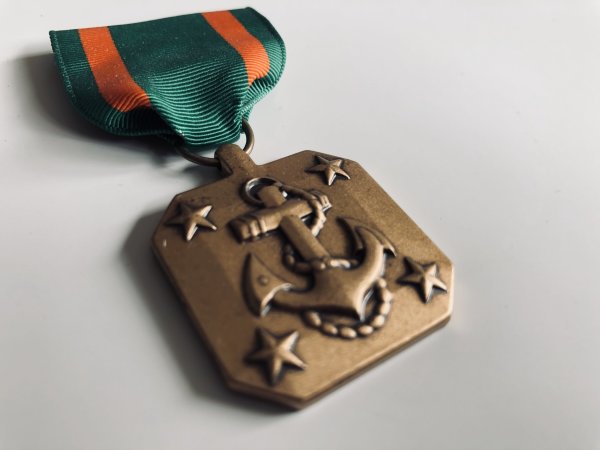




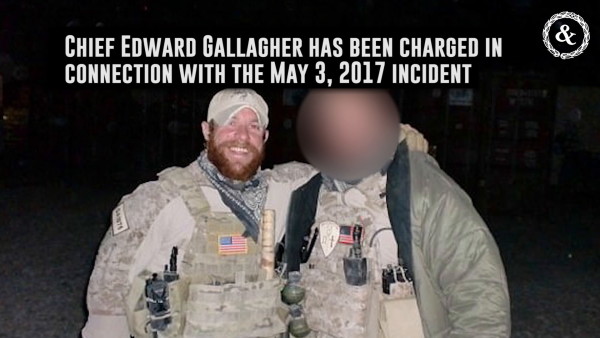
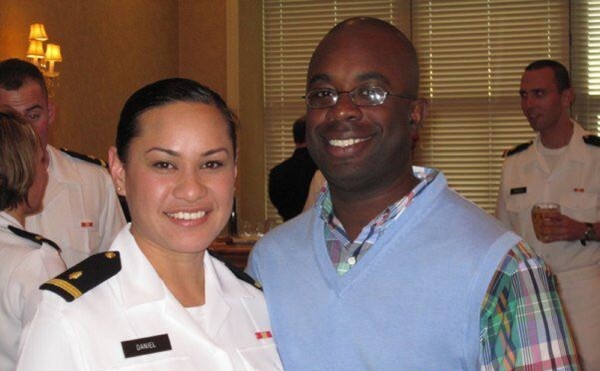



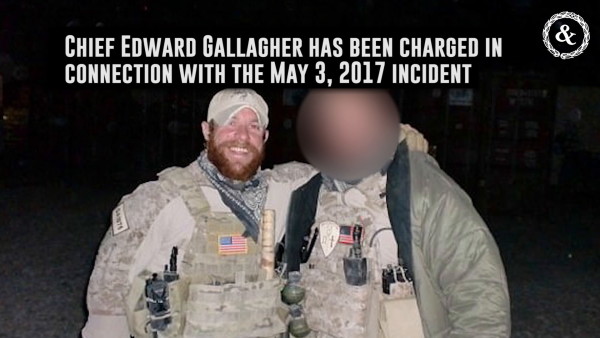


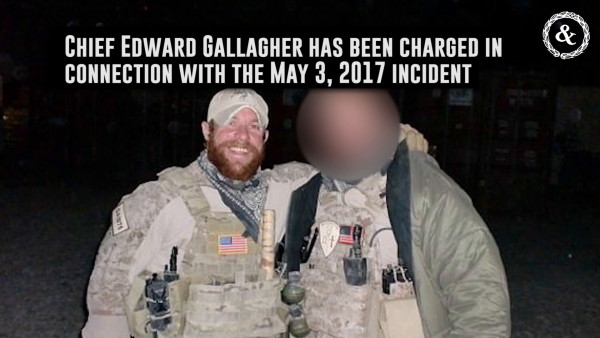







![Why won’t the Marine Corps release public records from Lt. Col. Scheller’s court-martial? [Updated]](https://taskandpurpose.com/wp-content/uploads/2021/09/17/Scheller-3-e1631970568782.jpg?w=770)
![Marine Lt. Col. Scheller, who criticized senior leaders, pleads guilty to all charges [Updated]](https://taskandpurpose.com/wp-content/uploads/2021/10/14/scheller-composite.jpg?w=800)